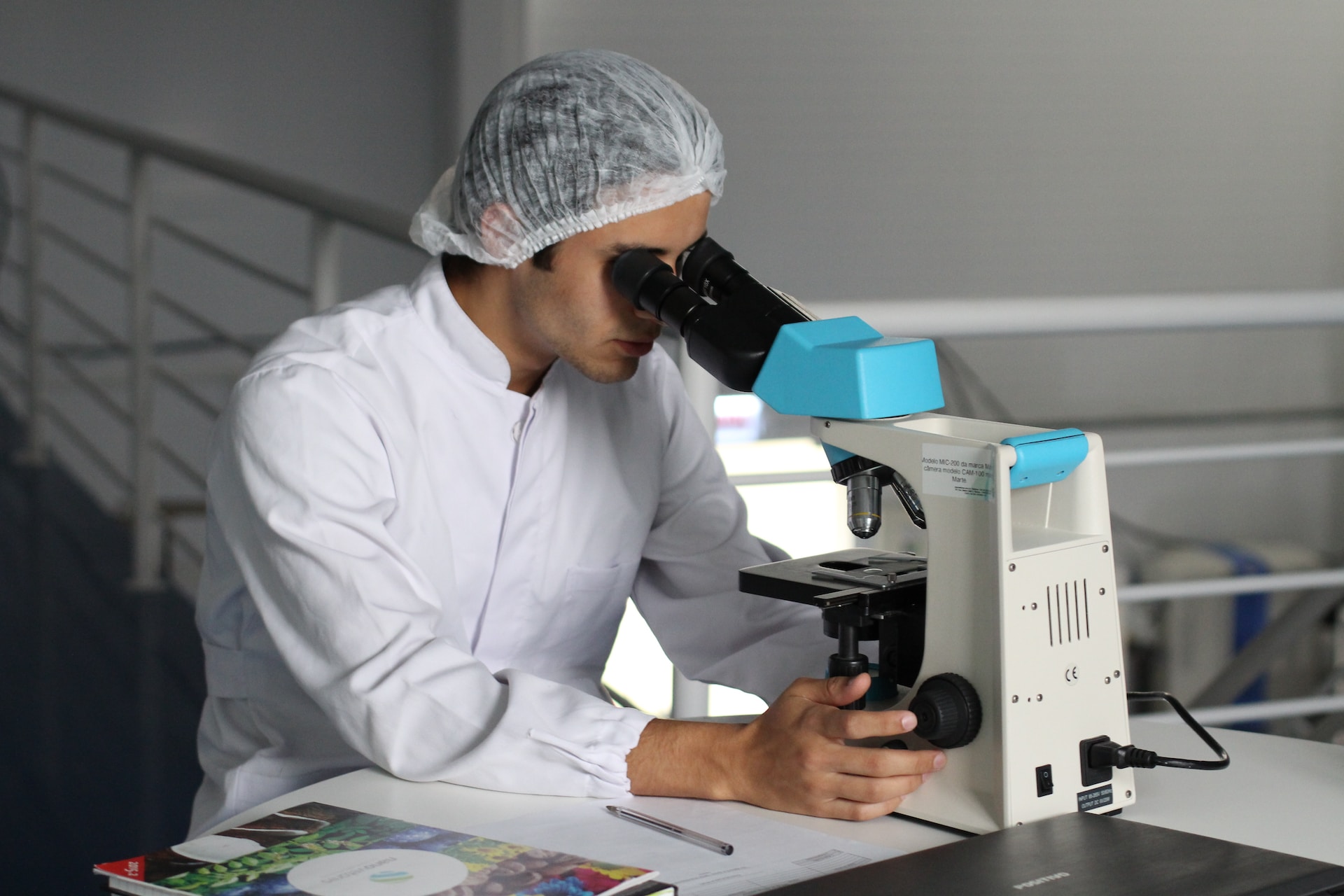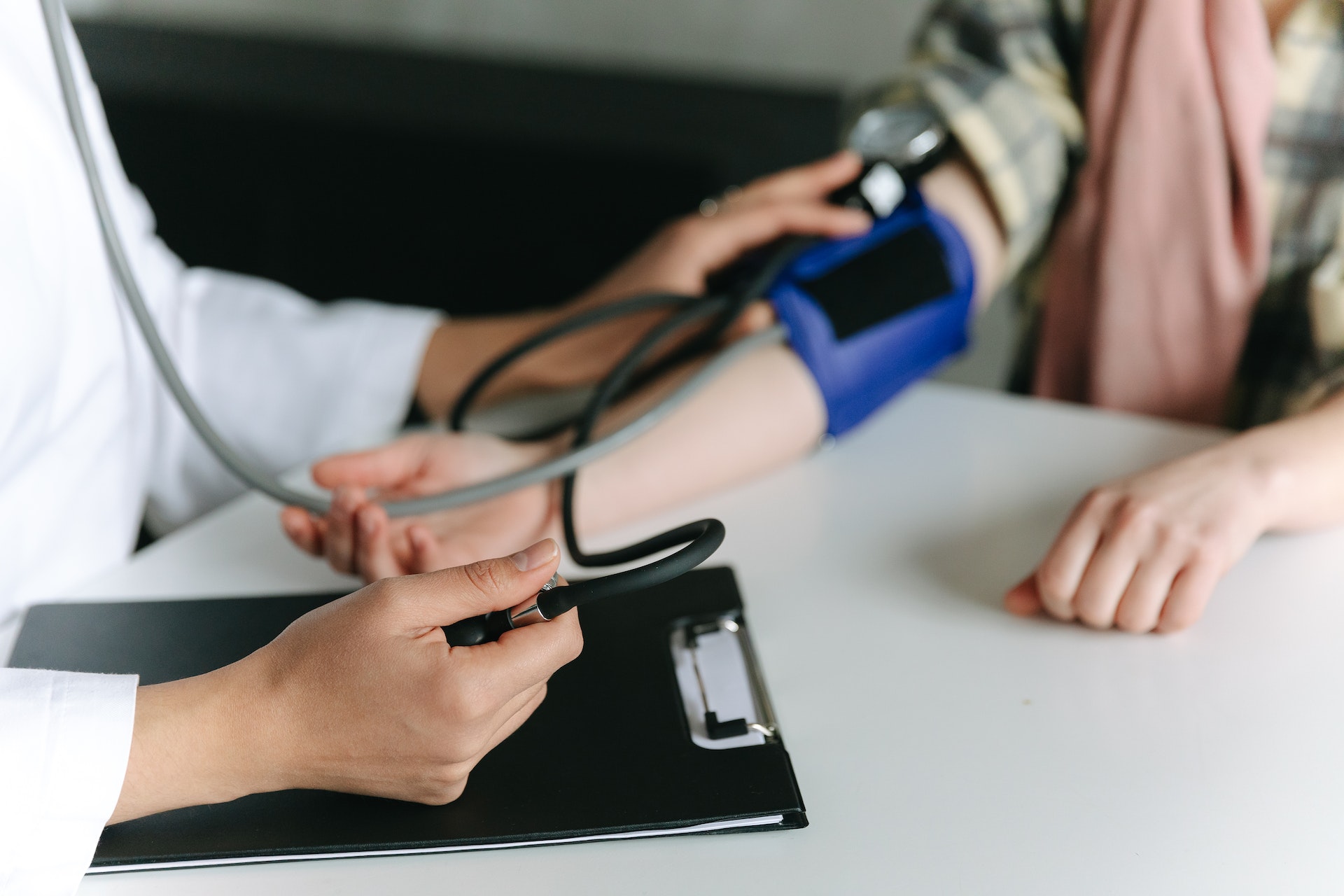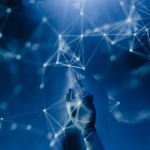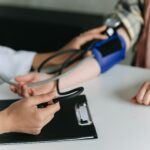These days we can observe a lot of positive changes in the healthcare industry. The range of complex surgeries that can be conducted by doctors in many countries is expanding, while the overall effectiveness of treatment of different diseases is growing. But this progress would be impossible without many factors. And one of them is the implementation of advanced tech solutions in many processes.
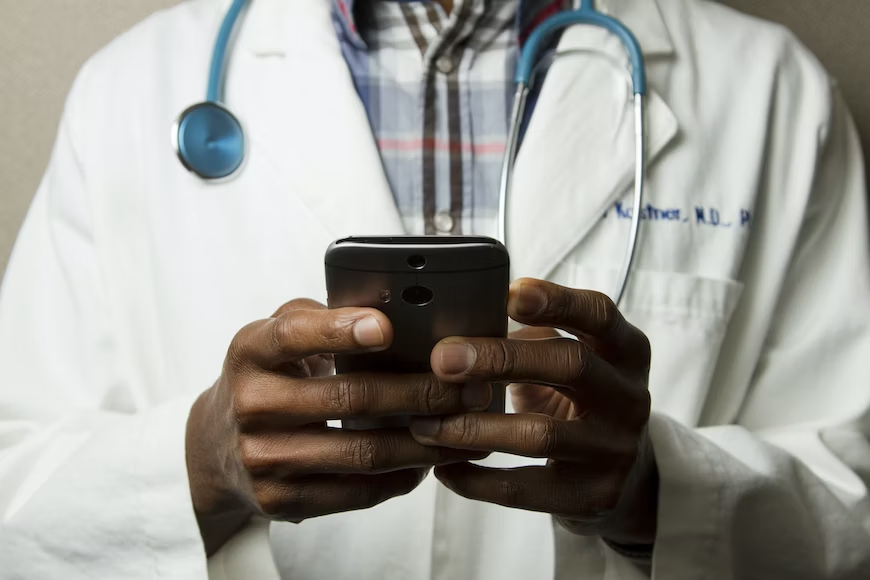
The work of many modern hospitals and medical establishments greatly relies on their software systems which allows them to streamline and facilitate multiple tasks for medical staff, automate routine activities, and accumulate huge volumes of medical records in one place. In general, technologies applied in the healthcare industry let doctors focus more on the needs of their patients instead of concentrating on the paperwork that traditionally requires a lot of time and effort. Moreover, thanks to software solutions, medical services can become more accessible and affordable to people as many questions can be solved remotely.
Given all the new opportunities that hospitals, their staff, and patients can leverage, we can suppose that the scale of tech integration in the industry that we can observe today is just the beginning of the long journey. And the continuously increasing demand for custom healthcare software development can only prove this idea.
In this article, we offer you to have a look at the technologies that have the strongest impact on the healthcare industry.
Artificial Intelligence
These days, AI has become a buzzword across many markets. With certain advancements made in this sphere, businesses are actively looking for new ways to adopt AI-powered tools for their needs. And the healthcare sphere is definitely not an exception. According to different studies, AI is considered to be a technology with the biggest impact on this industry.
AI and ML algorithms can increase the quality and accuracy of detecting diseases. Moreover, AI and ML-powered solutions can offer the best approaches to treatment given the peculiarities of the health state of a person as well as personal needs and demands.
AI is able to fully revolutionize cancer diagnostics. Previously, the main method for diagnosing cancer diseases was a biopsy. However, this procedure couldn’t allow doctors to have a full picture of the tissue and its changes. With AI, the situation will be changed. This technology helps to reduce the time needed for making such a diagnosis and, moreover, it is able to set the right diagnosis even at the earliest stages of diseases. For example, AI has already been tested in interpreting mammograms and X-rays.
VR and AR
Though a lot of people believe that these technologies are primarily used only in the entertainment industry, it is not true. They can be successfully applied in many other spheres, including healthcare. Though such solutions usually need to be used with special equipment, their capacities can bring huge benefits. For example, they can be applied for conducting more complicated and advanced surgeries, for reducing pains (via “unlearning” them), and even for dealing with mental health problems.
When we are talking about surgeries with the help of virtual reality technology, as a rule, doctors need to wear VR helmets in order to have a full view of their patients’ bodies or to rehearse procedures.
Wearables and remote monitoring
One more crucial innovation is remote monitoring which has become possible thanks to advancements in the Internet of Things technology. Today, to measure vital parameters, patients do not need to go to a medical center or hospital. There are special devices that they can wear regardless of their location all day long. Depending on the in-built sensors, these wearables can continuously measure various parameters like temperature, blood pressure, heart rate, sugar level, etc. When the parameter under consideration reaches a critical level, an app can perform such actions as, for example, sending notifications to medical staff or relatives of the patient.
Moreover, this continuous monitoring of vitals allows doctors to have access to the comprehensive history of data, track the changes, and analyze the influence of different factors on the patient’s state.
It’s also worth mentioning that IoT and precisely wearables occupy key positions in developing solutions for people with mental diseases and seniors. They can help to monitor their location, remind them to take pills or perform any other tasks as well as provide them with convenient tools to express their thoughts.
Telemedicine and telehealth apps
In the context of tech solutions for the healthcare industry, it is impossible not to mention telemedicine and telehealth applications that today are actively gaining popularity. Of course, they can’t fully replace face-to-face examinations conducted by doctors at traditional clinics, however, they allow patients to get access to medical service practically from any location. It is possible to communicate with doctors via messages (and send all the related certificates and documents), voice, and video calls.
Conclusion
All industries are experiencing the stage of active digitalization and healthcare is also moving in the same direction. It is amazing to see that the introduction of tech solutions in this sphere definitely has a win-win impact on doctors and patients and can greatly increase the quality of medical service and patient satisfaction.

